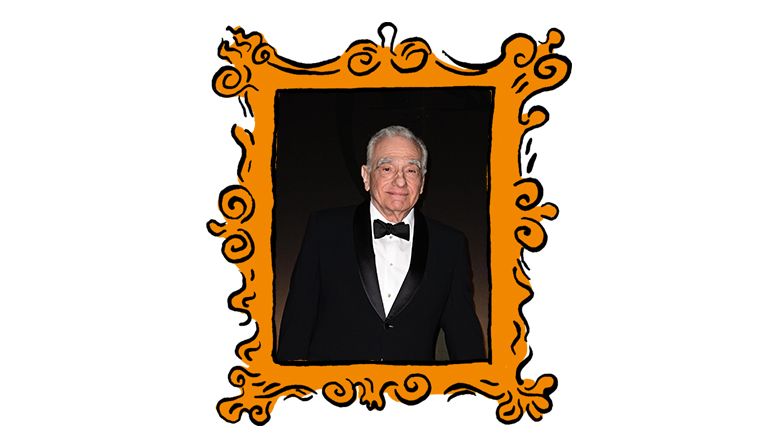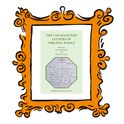What kind of movie does Martin Scorsese have to make to win an Oscar for his efforts? In a career of multi-nommed films, including some of the most original and brilliant work of the past half-century—Taxi Driver (1976), Goodfellas (1990) and Raging Bull (1980), to name but a few, through to this year’s darkly compelling Killers of the Flower Moon—he has won Best Director exactly once.
That was in 2006 for The Departed, his late-period gangster film remake of the Hong Kong policier—and bravo. But it was far from his best film to be up for that plaudit over the years. There was simply the sense—in a cliché that belongs to Oscars’ lore because it seems to be true so frequently—that it was Scorsese’s “time” to win. With 26 nominations across the last four of his films, and zero wins, one has to wonder whether the Academy feels that “time” has passed.
And all of this when the filmmaker’s past decade has proven to be among his finest. Though perhaps this crop of films was too wide-ranging, too unusual, or too upfront about the grotesqueries of American life for Oscar’s purposes. As a reminder: there was 2013’s The Wolf of Wall Street (in much the same vein as his King of Comedy [1982], in that it held a dark mirror up to contemporary culture—perhaps too dark to get awards recognition); 2011’s Hugo (too historically dense); 2019’s The Irishman (too much of a deconstruction of the gangster movies Marty is known for); and now Killers of the Flower Moon, a very long and deeply sinister recounting of a genocide.
Don’t get me wrong: this year’s Academy Awards were a vast improvement on previous editions for many reasons, not least the spread of international winners—including work as fresh and diverse as The Boy and the Heron, The Zone of Interest and Anatomy of a Fall. (Scorsese, as someone who has long banged the drum for a broadening out of film culture will have appreciated this, no doubt.)
And it’s great that a film like Christopher Nolan’s Oppenheimer has done so well. Although it is flawed—its supporting cast of women are laughably thinly written in an otherwise psychologically layered story—there’s something heartening about the fact that both audiences and the Academy can endorse a film that is this long, this dialogue-driven, this invested in political complexity and, perhaps most encouraging of all, so interested in a morally ambiguous figure. It suggests that the cinema is still in some kind of health, particularly given Oppenheimer’s strong box office.
Sure, there are those who might say that, for these reasons, Oppenheimer deserved to triumph over Killers of the Flower Moon. I disagree. But Hugo losing out to The Artist? Jojo Rabbit’s screenplay over The Irishman? There's a point at which those zero wins from 26 nominations look less like the result of due process and more... wilful and confusing.
Something about Marty must feel old hat to the Academy; over-familiar, perhaps. Some may say that he’s reached a level of status that requires little further recognition; he’s already regarded as one of the greats, so why bother? Besides, he’s an old white man, a group that, historically speaking, has done quite well enough out of awards ceremonies.
Maybe they’re right. But it’s hardly just a matter of status: Killers of the Flower Moon is genuinely one of the most undeniable and remarkable cinematic achievements of the past year. That is true of its performances; its music; its moral force in the face of historic evil; its strange, feverish artistic vision of ugly middlemen committing misdeeds. It is a masterpiece in every conceivable facet. There have been few other artists working to this level, never mind so consistently, over the past several years.
At 81, Scorsese has a limited amount of time to continue making films—and has said as much. I and many other cinephiles have come to regard each new one as a unique gift. It feels to us much how, I imagine, contemporaries of Charlie Chaplin or Pablo Picasso must have felt see their new works released into the world. I just wish that, once a year, for whatever it’s worth, more Academy members had the same response.
Does Oscar hate Marty?
Martin Scorsese has won the Academy Award for Best Director just once. And it wasn’t this year for ‘Killers of the Flower Moon’
March 14, 2024

© Sipa US / Alamy











